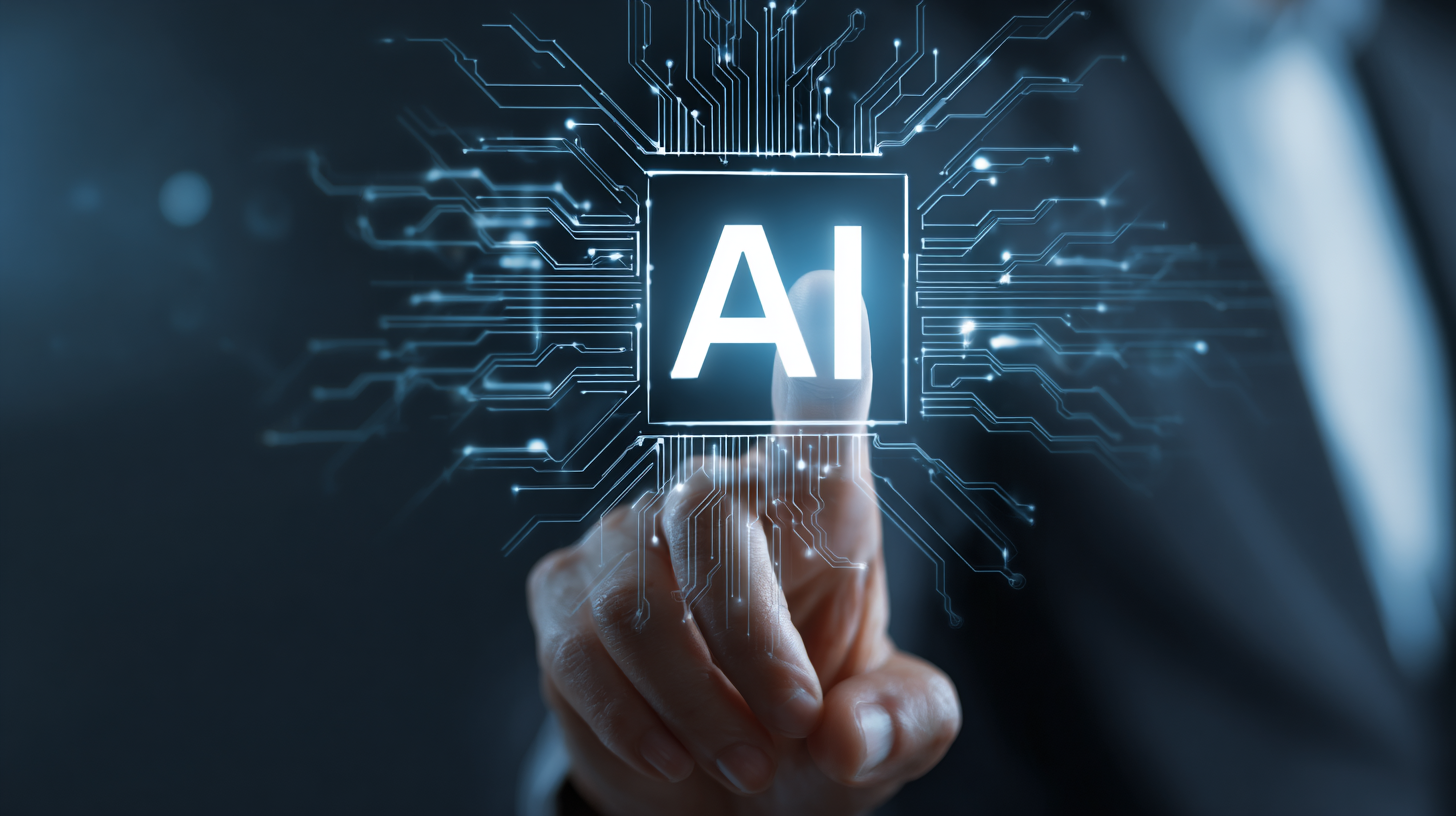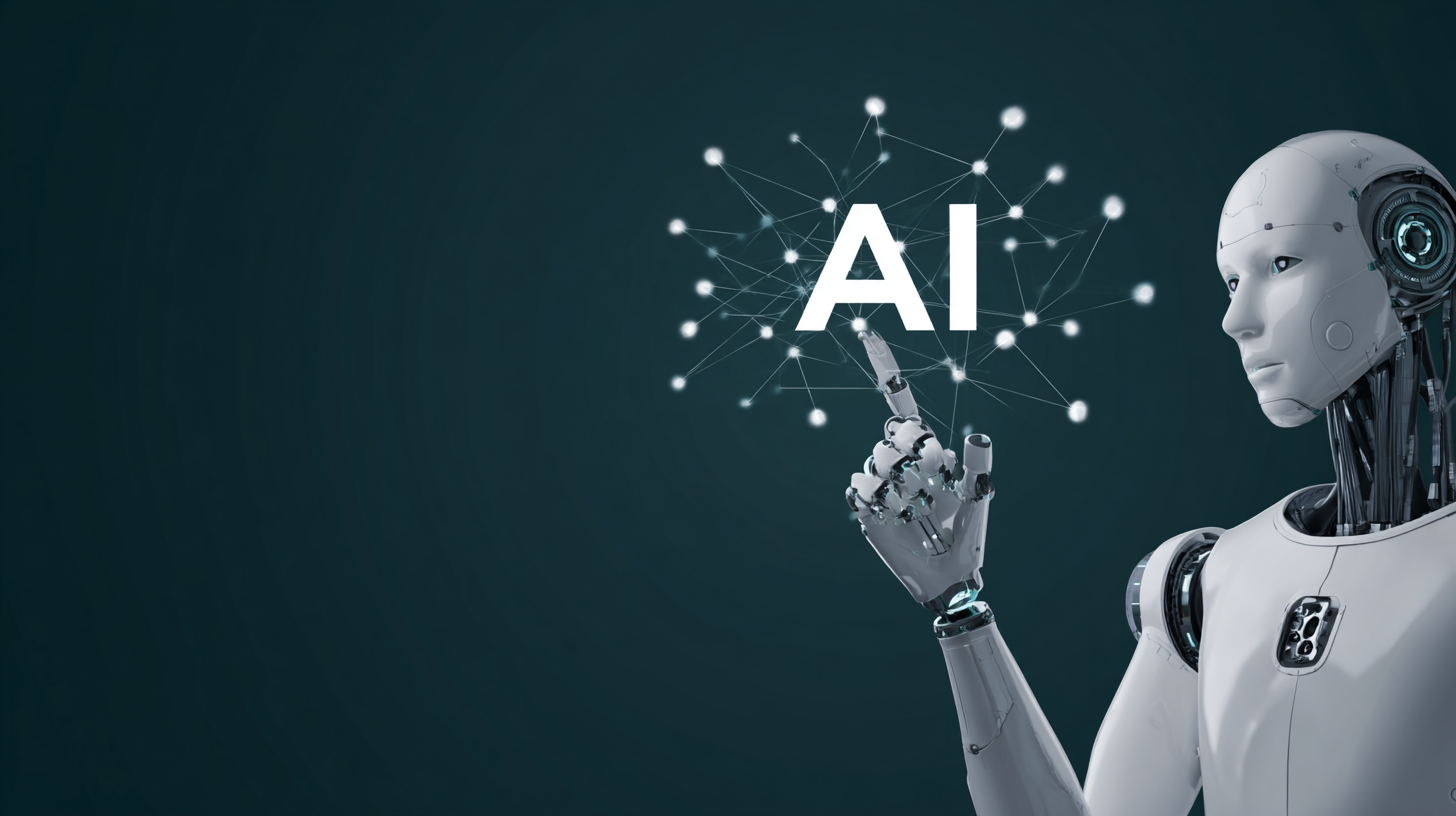
Exploring AI Awareness Training in Procurement Strategies
In today’s rapidly evolving business landscape, Artificial Intelligence (AI) plays a pivotal role in shaping procurement strategies. As you navigate through this transformative industry, understanding AI’s potential and challenges is crucial for leveraging it effectively. This article dives deep into the implications of AI in procurement, particularly around predictive demand planning, and the importance of AI awareness training.
Understanding AI in Procurement
AI technology has revolutionized procurement processes across various sectors, providing invaluable insights and automation capabilities. With predictive algorithms and machine learning, procurement professionals can enhance efficiency, reduce costs, and make informed decisions. You might be surprised at how AI can analyze historical data and forecast demand trends, allowing you to source materials and products more strategically. This awareness is key to unlocking the transformative potential of AI within your organization.
The Importance of AI Awareness Training
AI awareness training is essential for any professional looking to integrate AI technologies into their procurement strategy. It equips you with the knowledge and skills needed to understand how AI can be applied to real-world scenarios. By participating in such training, you’ll gain insights into various AI applications, such as predictive maintenance, risk modeling, and user experience enhancements. This foundational knowledge enables you to engage in informed discussions and make decisions that align with your organization’s goals.

Predictive Demand Planning: A Game Changer
Predictive demand planning is one of the most significant applications of AI in procurement. By leveraging advanced algorithms, AI systems can analyze vast amounts of data, including market trends, customer behavior, and historical sales patterns. This analysis results in accurate demand forecasting, reducing reliance on gut feelings or past experiences. For you, this means less overstocking and understocking, which translates to cost savings and increased customer satisfaction.
How Predictive Demand Planning Works
At the core of predictive demand planning is data analytics. AI tools collect and process data from multiple sources, including sales history, seasonal trends, and even social media sentiments. You can then use this enriched data to identify patterns and correlations that were previously invisible. For instance, if you notice a spike in demand for a particular product, the AI system alerts you ahead of time, allowing you to adjust your procurement strategy accordingly.
The Role of AI in Risk Management
Procurement is inherently fraught with risks, from supply chain disruptions to price volatility. AI can help mitigate these risks by providing accurate forecasts and enabling proactive decision-making. With predictive analytics, you can anticipate potential challenges before they arise, allowing you to implement contingency plans. By enrolling in AI awareness training, you’ll learn how to leverage AI tools for effective risk management in procurement.

Identifying and Mitigating Risks
AI aids in identifying risks by analyzing data patterns and trends. For instance, if a supplier has experienced fluctuations in delivery times, your AI tool may identify this trend and flag it for you. This allows you to assess whether you need to diversify your supplier base, negotiate better terms, or even consider alternative sourcing strategies. As you gain a clearer understanding of the potential risks within your supply chain, you’ll feel more equipped to navigate these challenges.
Aligning AI with Procurement Strategies
Integrating AI into your procurement strategy requires a well-defined framework that aligns with your organization’s objectives. A lack of alignment can lead to wasted resources and missed opportunities. AI awareness training will help you understand how to develop this framework, ensuring that your AI initiatives support your business outcomes.
Setting Clear Objectives
Before diving into AI tools, it’s vital to establish clear objectives for your procurement strategy. What do you hope to achieve? Is it cost reduction, improved supplier relationships, or enhanced compliance? You can utilize AI to track your progress against these objectives and adapt your strategies accordingly. The training will provide you with the skills to set actionable and measurable goals that keep you focused on delivering value through AI.
Ethical Considerations in AI Procurement
As AI becomes more integrated into procurement processes, ethical considerations become increasingly important. Data privacy, bias in algorithms, and the potential for job displacement are issues that procurement professionals must grapple with. AI awareness training will illuminate these ethical dilemmas, equipping you to engage in meaningful discussions and implement responsible AI practices.

Data Privacy and Security
With the increased use of AI comes the heightened risk of data breaches and privacy violations. Understanding the ethical implications around data handling will prepare you for the challenges ahead. You’ll learn how to implement data security measures and ensure compliance with regulations such as GDPR. Awareness of these issues is vital for building trust with stakeholders and maintaining your organization’s reputation.
Regulatory Awareness and Compliance
Keeping abreast of regulations related to AI and procurement is essential in today’s dynamic environment. As legislation evolves, so too will the requirements for AI deployment in procurement. AI awareness training can help you navigate this landscape, ensuring that your organization remains compliant while fully capitalizing on AI’s benefits.
Staying Informed About AI Regulations
Your AI awareness training should include insights into current and upcoming regulations that affect AI use in procurement. This may cover areas such as data protection, ethical sourcing, and transparency requirements. Remaining informed will enable you to make prudent decisions that protect your organization from legal ramifications and enhance your procurement strategy’s overall integrity.
Implementing AI Tools in Procurement
Transitioning from traditional procurement practices to AI-driven processes can be daunting. However, the rewards are immense once you embrace change. Understanding how to implement AI tools effectively is critically important, and AI awareness training will serve as a great starting point.
Selecting the Right AI Tools
Not all AI solutions are created equal; therefore, selecting the right tools for your procurement needs is crucial. Consider factors such as scalability, integration capabilities, and user-friendliness when evaluating options. During your training, you’ll learn how to assess these factors critically, empowering you to make informed choices that align with your organization’s goals.
Enhancing Supplier Relationships with AI
AI can also be a valuable asset in managing supplier relationships. With advanced analytics, you can gauge supplier performance and identify areas for improvement. This not only enhances collaboration but also helps in negotiating better terms. By equipping yourself with AI knowledge, you will understand how to leverage this technology to strengthen your supplier partnerships.
Building Collaborative Supplier Networks
AI can facilitate collaboration with suppliers by offering real-time data and insights. By sharing relevant information and analytics, you foster a more mutually beneficial relationship. Your training will emphasize the significance of these collaborative networks, enabling you to create a more resilient supply chain that can better withstand uncertainties.
Future Trends in AI and Procurement
As AI technology continues to evolve, staying abreast of future trends will be vital for your success. Emerging technologies such as blockchain and advanced machine learning are poised to further revolutionize procurement. Your AI awareness training will highlight these trends, ensuring you are well-prepared to adapt and thrive in an evolving landscape.
Innovations to Watch
Keep an eye on innovations like automated supplier audits, AI-driven budgeting, and enhanced decision-making tools. These advancements are set to reshape how procurement professionals interact with technology. By understanding these trends, you’ll position yourself as a forward-thinking leader in your organization, ready to capitalize on new opportunities.
Overcoming Challenges in AI Implementation
Despite the many benefits of AI, various challenges may arise during implementation. From budget constraints to resistance to change, it’s essential to acknowledge these issues and develop strategies to address them. AI awareness training will prepare you to tackle these challenges head-on, equipping you with the tools to facilitate a smooth transition to AI-enhanced procurement.
Change Management Strategies
Introducing AI involves a cultural shift within your organization. The key is effective change management—ensuring that your team embraces AI tools rather than resists them. Your training will provide insights into facilitating communication, addressing concerns, and fostering an innovative mindset among employees, paving the way for successful AI integration.
Measuring the Impact of AI on Procurement
After implementing AI tools, measuring their impact is crucial for understanding effectiveness. Tracking KPIs such as cost savings, compliance rates, and supplier performance can provide valuable insights. Through your training, you’ll learn how to define and measure these key indicators to assess the return on investment from your AI initiatives.
Establishing Relevant KPIs
Establishing relevant KPIs is essential for evaluating AI’s contribution to your procurement strategy. Consider metrics like reduced lead times, improved delivery performance, and enhanced cost management. Measuring these indicators will allow you to understand AI’s true value and drive continuous improvement in your procurement processes.
Conclusion
In wrapping up this exploration of AI awareness training in procurement strategies, it’s clear that knowledge is key to unlocking the full potential of AI. As you move forward, remember that investing in training not only empowers you but also enables your organization to develop robust procurement strategies that leverage AI’s strengths. Take the time to understand these concepts, and you’ll be well on your way to becoming a leader in your field.
If you enjoyed this article, please take a moment to clap, leave a comment, and subscribe to my Medium newsletter for more updates on AI and procurement strategies. Your feedback is invaluable, and I would love to hear your thoughts on this topic!
